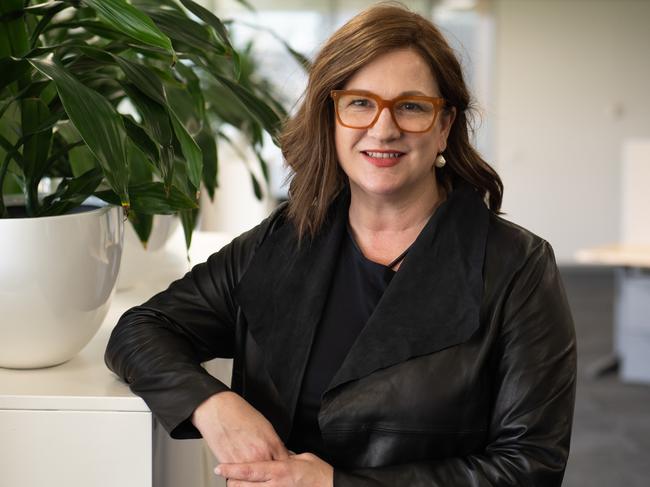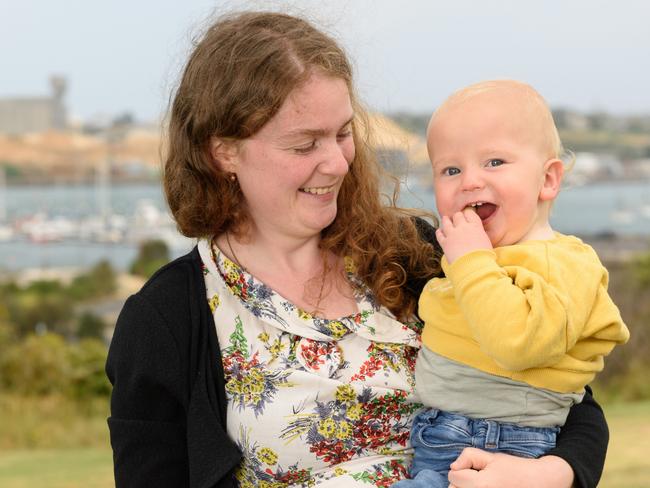GPs push for $75m boost to encourage medical graduates to be a doctor
With Australia facing a shortage of 11,000 GPs by 2031, doctors are lobbying for more incentives to get medical graduates into primary care.
National
Don't miss out on the headlines from National. Followed categories will be added to My News.
Exclusive: Doctors are demanding a $16 hike in Medicare rebates for consultations lasting more than 20 minutes to arrest the decline in bulk billing.
They also want taxpayers to fund $75 million worth of incentive payments and 14 weeks paid maternity leave for GP trainees to end the alarming slump in medical graduates choosing a career in primary care.
Just 13 per cent of medical graduates are now choosing to train as general practitioners, down from 40 per cent two decades ago, with the nation facing a shortage of 11,000 general practitioners by 2031.
Royal Australian College of General Practitioners (RACGP) president Dr Nicole Higgins said Medicare rebates for longer consultations were essential as doctors dealt with older patients with multiple conditions and a surge in mental health presentations.
She said they will push for the changes in the upcoming May federal budget.
“We would love to see an increase of 20 per cent especially for those longer consultations and mental health consultations,” Dr Higgins said.

The current Medicare rebate for these types of consultations which last longer than 20 minutes is $79.70, doctors want this lifted to $96.
“The problem that we have is that it doesn’t matter if you spend six minutes or 19 minutes and 59 seconds with someone, the Medicare rebate is the same. There’s no incentive to spend longer with the patients,” Dr Higgins said.
Under Medicare, the amount a GP earns per minute starts to decline dramatically dropping from $6.50 per minute at five minutes to $2 per minute at 40 minutes.
Drastic action is needed to stem falling GP numbers with one in three set to leave the profession in the next five years.
This year about 1250 of the 1500 GP training places were filled.
A key reason is that doctors who train in the hospital system get paid $32,000 a year more than those in general practice and hospital doctors are also eligible for paid maternity and study leave while GP trainees are not.

In a bid to make general practice a viable career option, the RACGP is asking the federal government to spend of $43.8 million in the May budget on a $32,500 incentive payment for GP trainees.
This would make up for the salary cut they take when they leave the hospital system to train as a GP.
In addition, the college wants the government to spend $9.4 million funding 14 weeks paid parental leave for GP trainees and give them two weeks paid study leave.
Dr Higgins said by the time they finished six years of study – and their two year hospital internship – the majority of trainee GPs were in their prime child bearing years.
“Two thirds of GPS and training are women. The average age is 33,” she said.
Rural GP trainee Dr Britt Butten had to return to work just four months after the birth of her son Vincent because she did not have access to paid parental leave.
“I’m essentially the breadwinner in my family,” said the 30 year old, who lives at Portland in Victoria.
If she had stayed in the hospital system she would have been eligible for 10 weeks of paid leave.
“A lot of my peers who are interested in GP and having their family are actually staying in the hospital system due to the financial ramifications of that,” she said.
“I’ve gone to the town that I discovered as a medical student. I love my patients, I love my job. And I’ve hit the goldmine of two amazing supervisors, an amazing clinic, and I have a real genuine passionate passion for rural general practice, but I would have would have loved to stay home with my baby just a little bit longer,” she said.
More Coverage
Originally published as GPs push for $75m boost to encourage medical graduates to be a doctor





